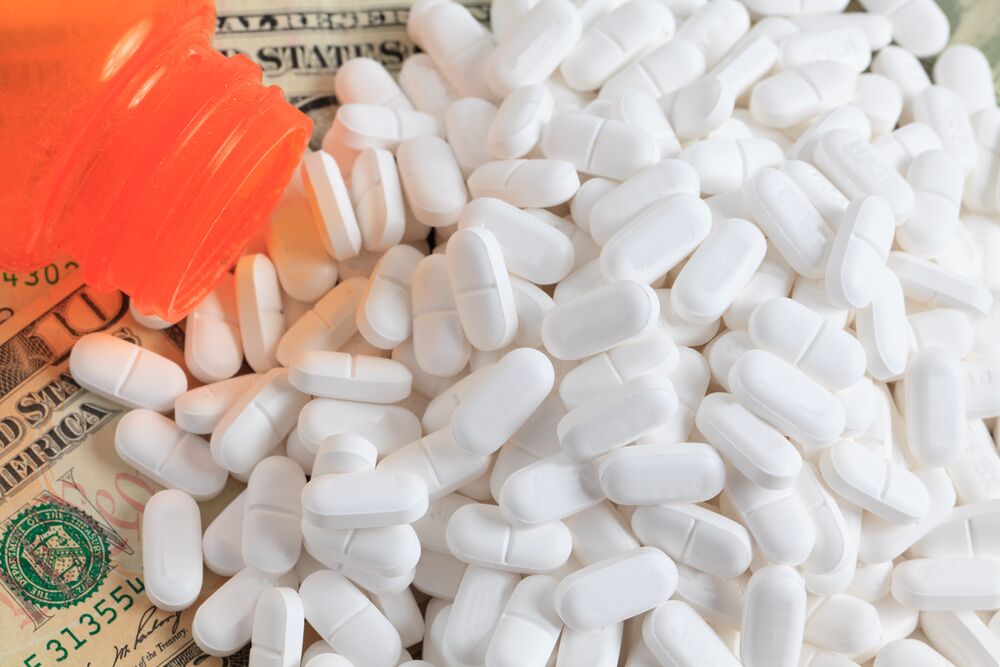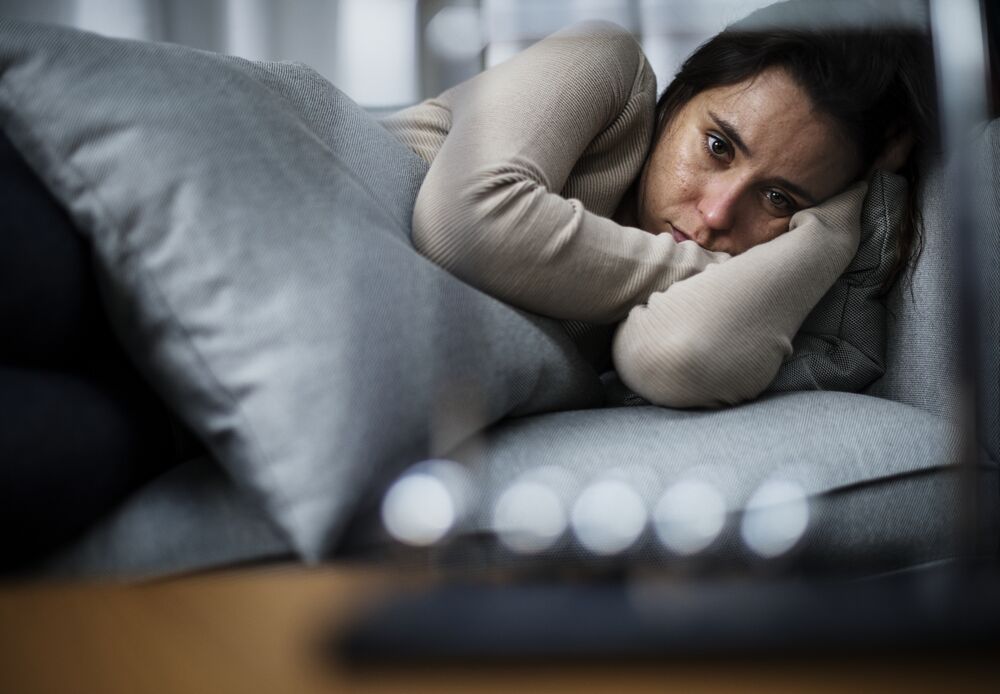Is a very serious condition that can lead to significant complications, including the risk of a fatal overdose.
Vicodin is the brand name of a combination drug that includes both the opioid pain reliever hydrocodone and the non-opioid type of pain reliever acetaminophen. It’s meant as a short-term form of pain relief to use as soon as you start feeling the pain.
Since Vicodin and other opioids are addictive, many people who start using them according to their doctor’s orders end up dependent on them. The risk of addiction is increased if you already have a substance use disorder with another addictive substance. It’s common for people who have become addicted to one type of opioid to use other prescription opioid pain relievers and even heroin, which is also in the same class of drugs.
If you think you may have developed a Vicodin addiction, professionals can assess your situation and recommend the appropriate treatment. A treatment program can teach you how to recover from the addiction. As well as provide support and tools that make the process safer and easier.

Abusing and misusing Vicodin have the potential to be dangerous and even fatal. These behaviors can cause an overdose. Mixing Vicodin with other substances can increase the chance of overdose. As well as enhance the negative side effects of either or both substances. Combining substances with other central nervous system depressants such as alcohol or benzodiazepines is especially dangerous. Also, this drug is able to cause respiratory depression, which can be fatal.
Some other potential side effects of Vicodin use and abuse include liver damage, constipation, nausea and muscle pain. It can also cause mental health concerns such as depression and anxiety. Additionally, it can reduce your heart and breathing rates.
Vicodin use can also lead to addiction. You might be addicted if you cannot stop using the drug without experiencing withdrawal symptoms or you struggle to quit using the drug and end up using it more or for longer than you meant to. Other signs of addiction include that your life becomes focused on the drug and that its use causes problems in your life, such as difficulty in relationships and at work, yet you still don’t stop using it.

Other symptoms you could experience with Vicodin use can present themselves when you stop using the drug, especially when it’s sudden. These withdrawal symptoms occur because the brain and body have become accustomed to receiving continuous amounts of an addictive substance like Vicodin.
The problem is that opioids and other addictive substances affect the brain. They mimic natural processes to encourage the release of the feel-good brain chemical dopamine, which is part of the brain’s reward network.
When the brain gets used to Vicodin stimulating the release of dopamine, it will no longer carry out its natural system of dopamine release. It no longer needs to. Then, when you quickly take the opioid away, your brain will take time to begin releasing dopamine again. The amount of dopamine naturally released is less than when the drug stimulates the release. During the transition, you can go through acute withdrawal symptoms. This is likely when you’ve taken large amounts of Vicodin or have been taking it for an extended period of time.
During acute withdrawal, you could experience sweating, nausea and aching muscles. You could also have excess nasal and eye fluids, restlessness and other symptoms. After acute withdrawal symptoms have ended, it’s possible to have post-acute withdrawal syndrome (PAWS), which is a longer-lasting form of withdrawal that tends to be more focused on emotional than physical symptoms.
Vicodin addiction treatment typically involves both medical and psychological approaches. Our rehab program in Delray Beach is designed to provide our clients with a safe, comfortable environment where they can receive the care and support needed for staying sober.

A medical detox program is the first step of treatment for drug abuse that can help with the ongoing symptoms of PAWS if it applies to your situation. Detoxification helps ensure that you get through this period safely and with the support that helps you stay on track.
A detox program addresses the uncomfortable symptoms of acute withdrawal by providing 24/7 monitoring through medication-assisted treatment using medications such as Buprenorphine or Naltrexone. By providing a steady level of medication, buprenorphine helps to stabilize the individual’s brain chemistry and reduce the risk of relapse, which is one of the reasons for opioid overdose.
Nutritional support is also recommended to other patients during Vicodin detox to help replenish the body with essential vitamins, minerals and other nutrients that were diminished due to the addictive behavior.
Rehab treatment also provides therapy and other forms of support to help you work through the causes of your addiction, triggers and cravings. It provides guidance for you to find your way forward. When needed, a rehab program may address co-occurring disorders and substance use disorders related to another addictive substance.
Cognitive-behavioral therapy, motivational interviewing and twelve-step programs are common counseling modalities used in Vicodin addiction treatment. Group therapy can also be effective in helping individuals learn new coping mechanisms for avoiding relapse and developing healthier lifestyles. Sharing experiences with others who are going through the same process can be beneficial for long term recovery.
At Transformations Treatment Center, we are able to address Vicodin addiction with holistic, individualized care. We treat all parts of your unique needs and we offer a detoxification program through our facility Summit Detox.
We tailor our substance abuse rehab to your life with our different programs. These include partial hospitalization, outpatient programs and an intensive outpatient program with different levels and tracks. When you have completed the form of rehab that is right for you, we will keep in touch through our aftercare program.
If you or a loved one needs Vicodin rehab in Delray Beach, FL please contact us today at 800-270-4315. Our facilities can make the withdrawal process easier and help you move forward toward drug addiction recovery.